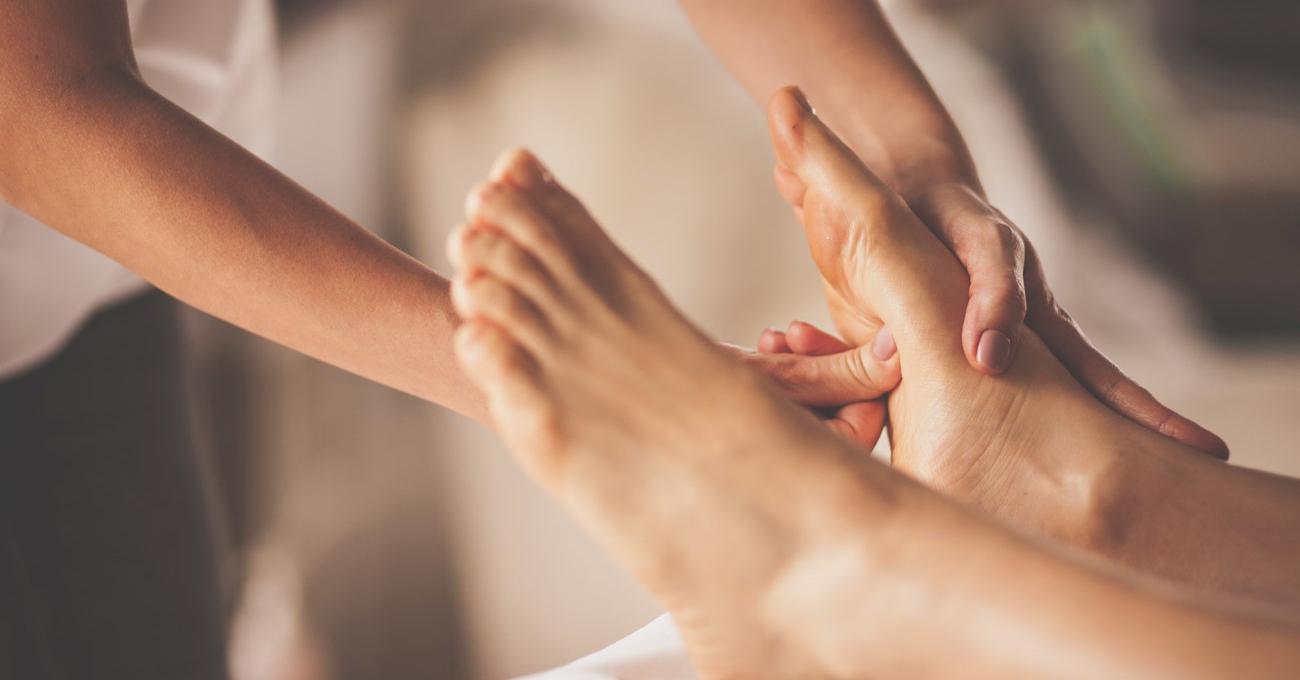In a world that often seems to be in constant motion, finding ways to unwind and achieve restful sleep is a universal pursuit. For those seeking a holistic approach to enhancing their sleep quality, the relaxing influence of massage classes can be a transformative and rejuvenating experience. In this article, we’ll explore how participating in massage classes contributes to improved sleep quality and the overall well-being of individuals.
Understanding the Sleep-Stress Connection
Quality sleep is foundational to overall health, impacting everything from cognitive function to immune system resilience. However, in the hustle and bustle of daily life, stress and tension can accumulate, creating barriers to restful sleep. The connection between stress and sleep is well-documented, with heightened stress levels often leading to insomnia, restless sleep, or difficulty falling asleep.
Massage Classes as Stress-Relief Workshops
Massage classes provide a unique and effective approach to stress relief, offering techniques and practices that are specifically designed to soothe both the body and mind. The art of massage goes beyond the physical manipulation of muscles; it involves creating a calming environment, fostering a sense of tranquility, and encouraging the release of tension stored in the body.
The Impact of Massage on the Nervous System
Participating in massage classes introduces individuals to the science behind the impact of massage on the nervous system. Techniques such as effleurage, kneading, and gentle pressure stimulate the parasympathetic nervous system—the body’s “rest and digest” mode. This activation leads to a reduction in stress hormones like cortisol and an increase in the release of feel-good neurotransmitters like serotonin and dopamine.
Creating a Relaxing Bedtime Routine
One of the valuable lessons individuals gain from massage classes is the ability to incorporate massage techniques into their bedtime routines. Establishing a relaxing pre-sleep ritual signals to the body that it’s time to unwind. Whether it’s self-administered massage or sharing the practice with a partner, the calming touch learned in massage classes becomes a powerful tool in preparing the body and mind for restorative sleep.
Alleviating Physical Discomfort
Physical discomfort, whether from tension, muscle soreness, or chronic pain, can significantly disrupt sleep. Massage classes teach techniques to address these physical discomforts, providing individuals with the tools to release tension in key areas of the body. As muscles relax, individuals often find that physical obstacles to a good night’s sleep are diminished.
Mindfulness and Sleep
Massage classes often emphasize the importance of mindfulness—the practice of being present in the moment without judgment. This mindfulness extends to sleep practices, encouraging individuals to be fully present as they prepare for sleep. By focusing on the sensations and movements involved in massage techniques, individuals cultivate a mindful awareness that naturally transitions into a peaceful state conducive to sleep.
Reducing Anxiety and Promoting Serenity
Anxiety is a common disruptor of sleep, leading to racing thoughts and an inability to achieve a calm state of mind. Massage classes teach techniques that directly address anxiety, promoting a serene mental state. Whether through gentle strokes, rhythmic movements, or intentional breathing exercises, individuals learn to create a mental sanctuary that supports tranquility and relaxation.
Individualized Approaches to Sleep Enhancement
One of the significant advantages of massage classes is the individualized approach to sleep enhancement. Participants learn to tailor massage techniques to their unique needs and preferences. This personalized approach ensures that individuals can create a sleep routine that aligns with their comfort levels and addresses their specific stressors, promoting a more profound and sustainable improvement in sleep quality.
The Cumulative Effect
Participating in massage classes is not just a one-time experience; it is an investment in long-term well-being. Attending various classes in massage therapy schools in Calgary to practice massage techniques, whether through self-massage or shared sessions, accumulates benefits over time. The cumulative effect can lead to a sustained improvement in sleep quality, contributing to overall health and vitality.
Conclusion
In the pursuit of a good night’s sleep, massage classes emerge as a holistic and empowering solution. By imparting the skills to alleviate stress, promote relaxation, and address physical discomfort, these classes equip individuals with the tools needed to nurture their sleep and overall well-being. As the therapeutic touch becomes an integral part of bedtime rituals, the profound impact of massage classes on sleep quality echoes the timeless wisdom that a relaxed body leads to a tranquil mind—a perfect recipe for restful and rejuvenating sleep.

